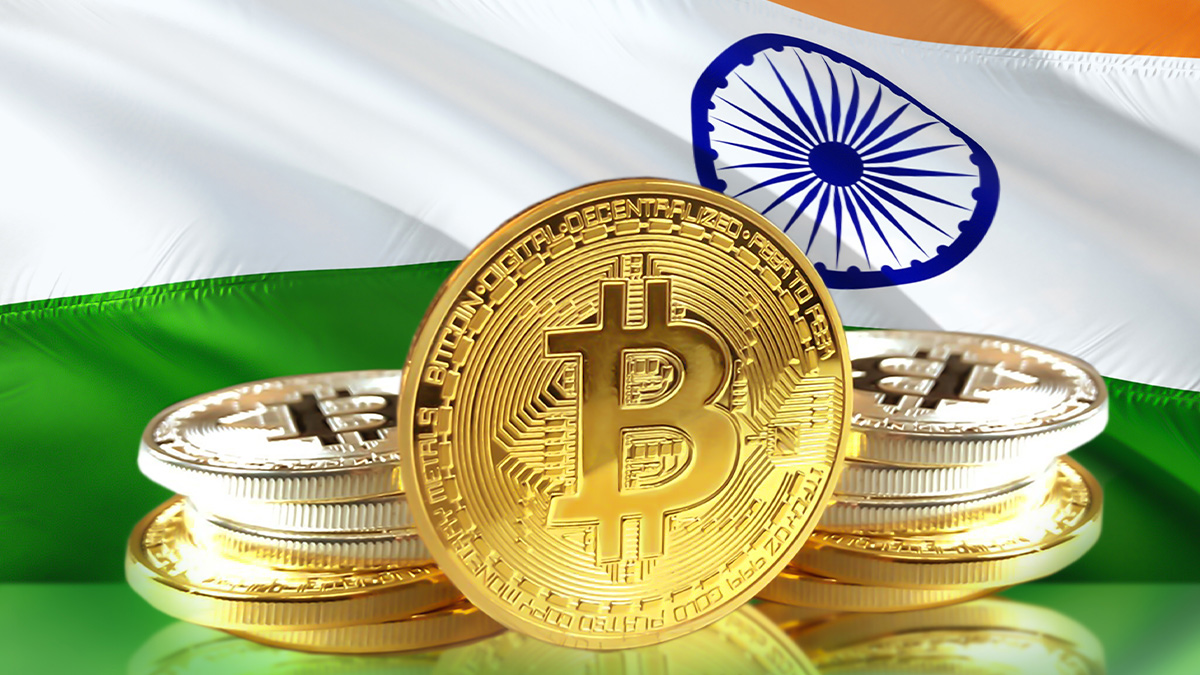As private digital currency gains popularity, the government is in the process of preparing the cryptocurrency bill which would then be sent to the Union Cabinet. However, only the government issued virtual currency will be considered as legal tender.
As cryptocurrency or digital currency is gaining widespread popularity in the financial world, it seems that the government of India is also planning to bring a law regarding the regulation of virtual currency in the country. Recently, Anurag Thakur, Minister of State for Finance in the parliament said that the government is in the process of preparing the cryptocurrency bill which would then be sent to the Union Cabinet.
While answering the question raised by KC Ramamurthy, BJP MP from Karnataka, on the proposal of a bill curbing cryptocurrency, Anurag Thakur informed the house about the plans of the government of regulating the cryptocurrency. Further, it was informed that the government has already formed a committee regarding the finalisation of policy-issue on the cryptocurrency bills.
Earlier, in 2018 Reserve Bank of India (RBI) banned cryptocurrency-based transactions but the ban was lifted by the Supreme Court in March 2020. Since cryptocurrencies are neither assets, nor currencies, securities, or commodities, therefore existing laws are not enough to put required regulations on them. Moreover, RBI and SEBI also do not have a legal framework to tackle and regulate cryptocurrencies.
Besides, the government even constituted a committee under the guidance of the Secretary of Economic Affairs. It is already affirmed that only government-issued virtual currency will be considered as a legal tender and all other private forms of digital currency will remain banned in the country.
RBI’s instance on cryptocurrency
As private digital currency gains popularity, both the regulators as well as the government are a bit apprehensive of the fact regarding the security of virtual currencies and other risk factors associated with it. Further, the central bank is seemingly looking for a digital version of the fiat currency and is thinking over its essentials while delving into the aspects of the functioning of digital currency, if at all it happens to get entailed.
RBI’s aim to introduce a digital version of the rupee is to further encourage the adoption of digital payments in the country. Also, payments made through digital currency can be easily made through offline mode via mobile phones using stored value components on cards.
The RBI booklet also suggests that the digital currency is a legal tender and is the Central Bank’s liability in digital form. The trend of cryptocurrency across the world has been a major driving force behind the governments of some countries to adopt and issue digital currencies.
Usage of digital currency
Digital currency is available only in digital or electronic format and not in physical form and therefore, is called digital money, electronic currency, or cybercash. This form of currency is only accessible through computers or mobile phones and requires no intermediaries during transactions and hence it is one of the cheapest known forms of currency.
Meanwhile, digital currency generally consists of cryptocurrency as well as virtual currency. It is important to remember that all cryptocurrency comes under digital currency while not all digital currency is considered as cryptocurrency. Digital currency is stable and is traded with markets whereas cryptocurrency is traded via consumer sentiment while on other hand psychological triggers often control the price of the currency.
As far as the usage of cryptocurrencies is concerned, this currency can easily be used for the purchase of goods and payments for services just like the way the normal physical currency is used for the instant transactions. In addition to this, it can also be used for seamless payments across the borders through appropriate networks and supported devices.
Worldwide scenario
In this fast-growing digitally-dependent world, the transactions made through digital currency are quite safe as they don’t include any intermediaries while also enabling record-keeping and necessary transparency in dealings. E-gold in the US is considered to be the first digital currency that was used in 1996 but was shut in 2008 due to some reasons.
While digital currency is a regulated or unregulated form of currency available only digitally, virtual currency is an unregulated digital currency that is controlled by its developers under the ambit of a defined protocol. On the other hand, cryptocurrency uses cryptography to process transactions along with managing and regulating the creation of new currencies.
Countries such as Algeria, Bolivia, Nepal, and Bangladesh have rendered cryptocurrency illegal while Australia, Switzerland, France, Brazil, Japan along with the US and the UK have already legalised the cryptocurrency.
Recently, the world’s richest man and Tesla Chief Elon Musk bought bitcoin worth $1.5 billion and this ultimately has led to a massive jump in the price of bitcoin which is now soaring by 14 percent at $43,500.

